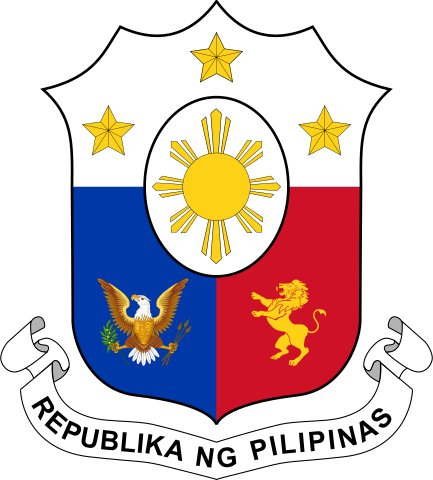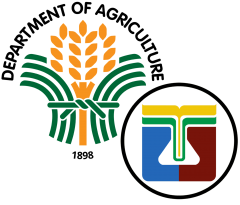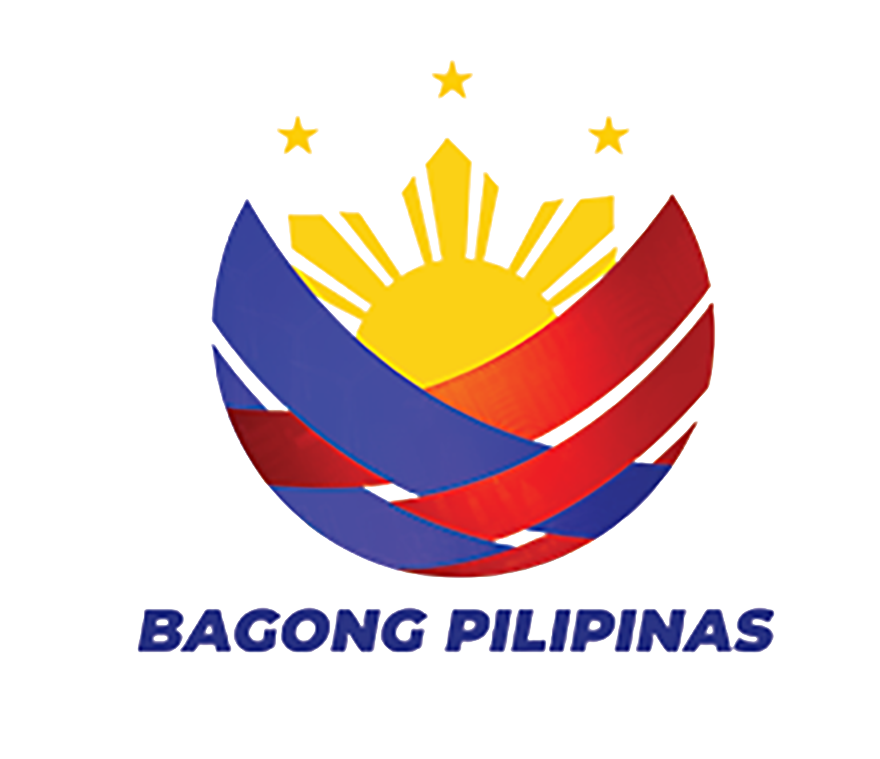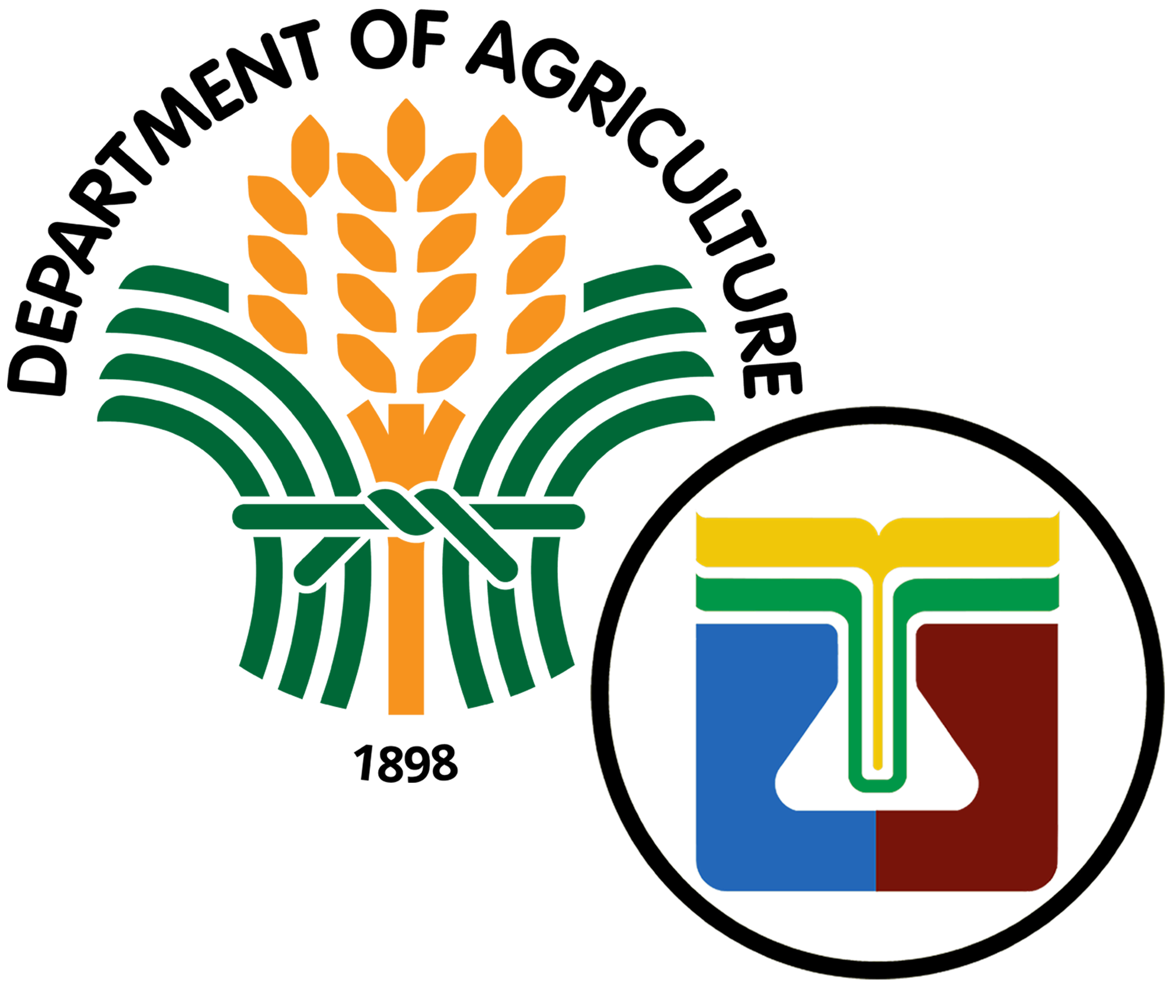In partnership with Food and Agriculture Organization (FAO) and Global Soil Partnership (GSP), the Bureau of Soil and Water Management of the Department of Agriculture (DA-BSWM) conducted a virtual webinar on GSP/ASP/PSP Pillar 2 topics as part of the weeklong BSWM 70th Anniversary in the afternoon of June 2, 2021.
Pillar 2 is a very important link to cascade all the fruits of technical and scientific partnership into utilizable form for varied stakeholders (policy makers, investors, environmentalists, farmers, educators, extensionists, students, household members). This activity led by the Soil and Water Resources Research Division (SWRRD), invited Resource Persons from the FAO to share their knowledge and expertise to our participants from DA-RFOs, academe and agriculture researchers/practitioners.
Dr. Vinisa Saynes-Santillan, FAO International Consultant on Soil Fertility/Nitrogen presented the “Implementation for the International Code of Conduct on Sustainable Use and Management of Soil”. The Fertilizer Code (FC), which was initiated in December 2017 and endorsed by the 41st session of the FAO Conference in June 2019, is a vehicle for the implementation of the VGSSM to address nutrient imbalances and soil pollution threats. The intent of the code is to assist stakeholders in the establishment of systems for the monitoring of production, distribution, sale, quality, management and use of fertilizers to achieve sustainable agriculture. As endorsed by the GSP last June 2020, the outputs FC Action Plan will be the following: (i) disseminate the FC; (ii) national capacities development (modules and steps); holistic approach to sustainable management; and (iv) strengthening the policy environment.
The “Protocol on the Assessment of Sustainable Soil Management (SSM)” was presented by the International Consultant on Sustainable Management of FAO, Ms. Carolina Olivera-Sanchez. The sustainable soil management protocol is a tool to support the implementation of the Voluntary Guidelines for Sustainable Soil Management (VGSSM), whether a management practice is sustainable. The third version of the protocol was endorsed in September 2020. In general, the steps in the protocol include: (i) select the areas of study, (ii) assess the SSM by providing SSM indicators information and data interpretation; and (iii) assess SSM practices. The assessment is based on the use of a set of recommended soil indicators, such as productivity (ton/ha/year), organic carbon (%), physical properties (soil bulk density), and biological activity (respiration rate).
In her presentation on “The Global Soil Doctors Programme”, Dr. Liesl Wiese, International Consultant on Agricultural Sciences and Policy, FAO discussed the pilot implementation of the farmer-to-farmer program, which aims to build capacity of farmers on sustainable soil management, supporting governmental agencies and organization working on agricultural extension, and providing a platform to share soil extension tools. First, the FAO will identify institutions as the national promoters. After earning a certificate at the promoter’s training provided by GSP, the Soil Doctor trainers can train the farmers. Soil Doctor Award will be given to the identified champions farmers. These Soil Doctors train farmers in their community. Dr. Wiese also emphasized the need for feedback to allow improvement of the existing materials, themes and consequently, soil threats will be explored in depth.
The session was a successful activity having pre-registered participants of 155 and 190 participants shared their feedback to the resource persons and to the activity as a whole.
The DA-BSWM has been part of the ASP under FAO of the United Nations (UN). Currently, the agency is the Chairman for being elected to lead twenty-four (24) member countries of ASP towards the achievement of the goals of the GSP for the year 2021 to 2023. Through this activity the BSWM will continue to support the GSP Pillars of Action #2 Encourage investment, technical cooperation, policy, education, awareness and extension in soil.



